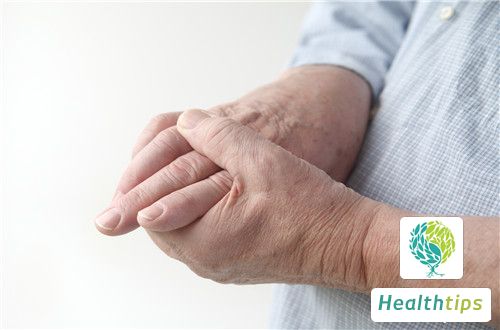How much does an emergency contraceptive pill cost per tablet?
For many couples who do not yet want to have a baby, avoidance is the most important thing. To avoid failure, it is necessary to use emergency contraceptives within the shortest time. Currently, emergency contraceptives can be purchased in pharmacies, with a box of 2 tablets or 1 tablet. When purchasing, you can choose according to your actual situation. However, emergency contraceptives should not be used frequently as they may have adverse effects on women's health.

In clinical medicine, common emergency contraceptives include emergency contraceptives and short-acting contraceptives. Different contraceptives have an average price of six yuan per tablet. Emergency contraception is only an emergency measure and not a routine contraceptive method. It is necessary to fully consider one's own health and long-term family planning, and choose a suitable contraceptive method correctly, rather than relying on frequent use of emergency contraceptives.
1. Poor appetite, nausea, vomiting, dizziness, and weakness. These symptoms often occur at the beginning of medication. When such reactions occur, you can drink some strong tea, chew some ginger or pickles, and adhere to taking the medication as prescribed. As the body adapts to the medication, the reactions will gradually disappear. If the reactions are severe, certain medications can be taken to suppress the reactions, such as vitamin B6 (20 mg three times daily), vitamin C (100 mg three times daily), anti-reaction tablets (1 tablet three times daily), and compound aluminium hydroxide tablets or yeast tablets (1 gram once daily), taken together with the contraceptives.
2. Increased and thin vaginal discharge. This often occurs after taking long-acting contraceptives and generally does not require treatment. If there is excessive vaginal discharge, a traditional Chinese medicine tablet can be inserted into the vagina at night.
3. Intermittent vaginal bleeding. This often occurs after missing a dose of contraceptives. Generally, as long as the medication is continued on time, the bleeding will stop, and the menstrual cycle will return to normal. Alternatively, a doctor can adjust the medication or switch to another contraceptive, such as switching from contraceptive II to contraceptive I if bleeding occurs.
4. Decreased menstrual flow or even amenorrhea. This usually has minimal impact on health and is often temporary. If amenorrhea persists for three months, the medication should be stopped, and other contraceptive measures should be taken. Once menstruation resumes, the medication can be resumed. If menstruation does not resume within one month after stopping the medication, a doctor should be consulted for further evaluation and treatment options such as megestrol, compound progesterone, or menstrual induction drugs.
5. Rapid weight gain. If there is edema, diuretics and a low-salt diet should be adopted. If weight gain is significant and continuous, the medication should be discontinued and other contraceptive methods should be considered.
6. Yellowish-brown spots on the face. These usually gradually disappear after stopping the medication. Taking vitamin B and vitamin C can be more effective.
7. Breast tenderness. Generally, the dosage can be reduced. If the symptoms are severe, discontinuation of the medication should be considered, and other contraceptive measures should be adopted.



















